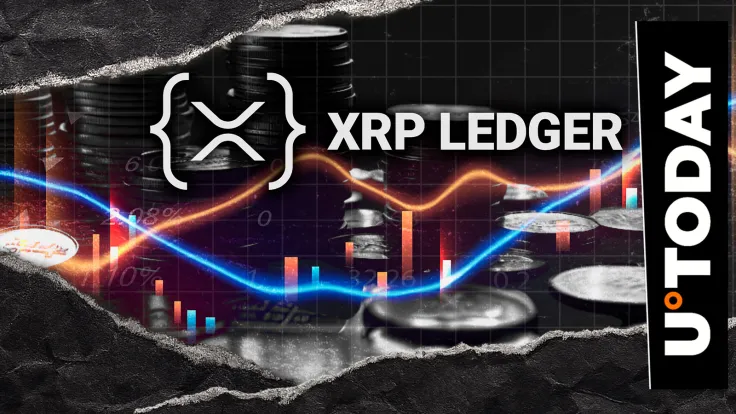Is Bitcoin Becoming Too Institutional – or Just More Accessible Than Ever?
- Treasury executives argue institutional Bitcoin buying increases decentralization rather than reduces it.
- Corporations now hold about 6.7% of BTC supply, and ETFs control roughly 7.3%.
- Analysts say large custodians influence market liquidity but do not control the Bitcoin network itself.
Yet the firms buying Bitcoin now are making a very different claim — they believe their activity is dispersing power, not concentrating it.
At industry conferences, treasury executives say the fastest way to decentralize Bitcoin is to make access unavoidable. Their line of thinking: if every major financial institution is pressured by demand to offer Bitcoin custody, the network becomes harder to monopolize — not easier. Once global banks and brokers provide direct access for both retail and corporate clients, reliance on a handful of crypto-native custodians fades.
A Decentralization Paradox
That argument feels counter-intuitive when stacked against the raw numbers. Corporate treasuries and ETFs were once a rounding error in supply distribution. Today, they represent a meaningful force.
Recent treasury mappings show companies collectively holding roughly 6.7% of circulating BTC, while ETFs hold even more — about 7.3% of the total supply, amassed in under two years. Consolidation of that magnitude is what opponents point to when sounding the alarm.
But analysts tracking ownership dynamics say numbers alone don’t tell the whole story. They argue that while coins inside ETF vehicles appear centralized, the economic claim over those coins belongs to millions of individual investors rather than to a single controlling entity. From that standpoint, Bitcoin’s governance and consensus remain unchanged even when custody funnels upward.
READ MORE:
World’s Smartest Man Makes Major Bitcoin Price Prediction
Influence vs. Control
The technical layer of Bitcoin is not at risk — no corporation can rewrite the protocol rules or mint coins. The concern is more subtle: as asset managers control more liquidity, they gain leverage over market stability, not the blockchain itself. Large custodians moving or reallocating BTC can create outsized volatility compared with the early days of peer-to-peer trading.
That influence may grow as corporate Bitcoin holdings expand — a milestone already crossed when combined corporate crypto treasuries surpassed $100 billion earlier this year.
The Historical Shadow
Some analysts are looking further down the timeline. They point to the example of gold in the twentieth century: once private reserves became concentrated in institutions, governments were eventually able to nationalize and dictate the monetary standard. A similar outcome for Bitcoin, they argue, becomes more plausible if corporate treasuries hold the majority of supply inside a single regulatory jurisdiction.
In that hypothetical scenario, governments wouldn’t need to seize individual wallets — they would simply target the businesses holding the coins.
Where the Debate Stands Now
Supporters of institutional adoption say none of this speculation changes the core reality: every wave of adoption forces the financial system to make Bitcoin more accessible to everyone — not just corporations. Opponents counter that intentions don’t matter if concentration quietly accumulates into control.
For the moment, both narratives exist side by side. Bitcoin remains technically decentralized and permissionless — yet ownership and liquidity are migrating toward professional custodians faster than at any point in the network’s history.
The information provided in this article is for educational purposes only and does not constitute financial, investment, or trading advice. Coindoo.com does not endorse or recommend any specific investment strategy or cryptocurrency. Always conduct your own research and consult with a licensed financial advisor before making any investment decisions.
The post Is Bitcoin Becoming Too Institutional – or Just More Accessible Than Ever? appeared first on Coindoo.
You May Also Like

Solana ETFs Market Grows with Fidelity and Canary Marinade’s New Funds

XRP analysts shift 2025 outlook as liquidity models evolve
